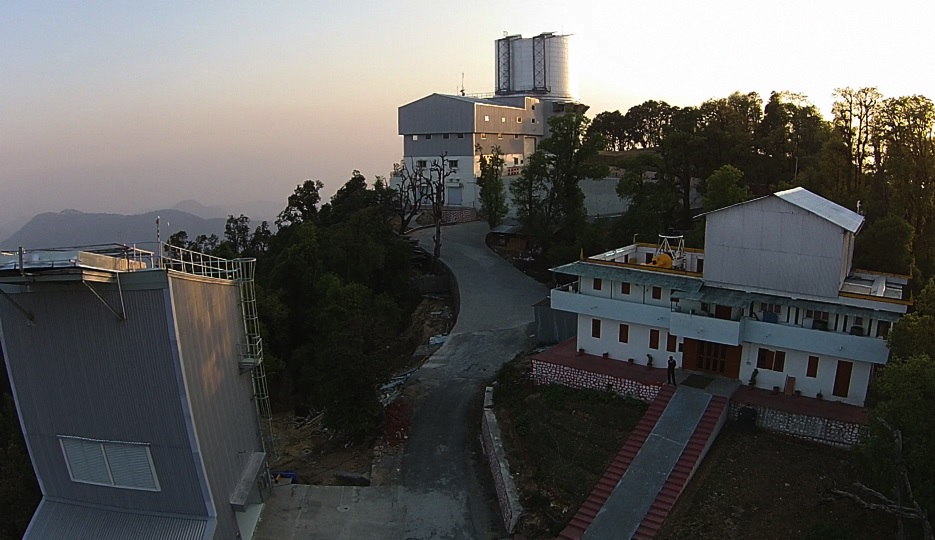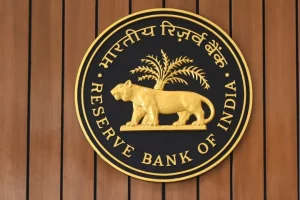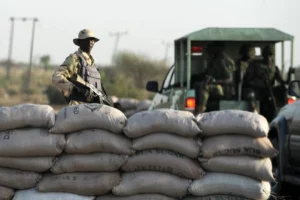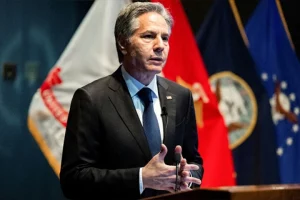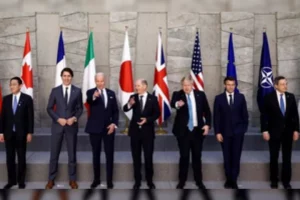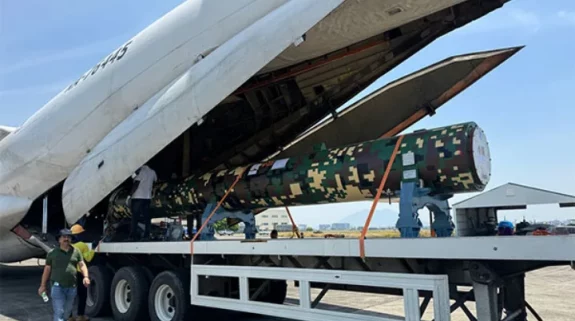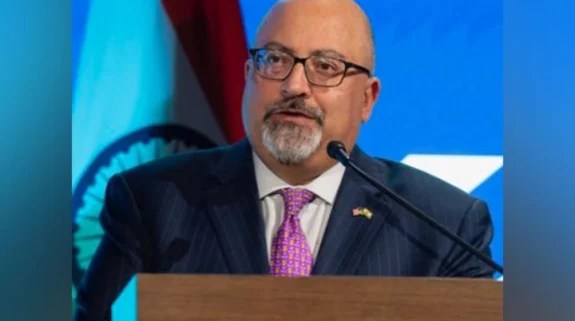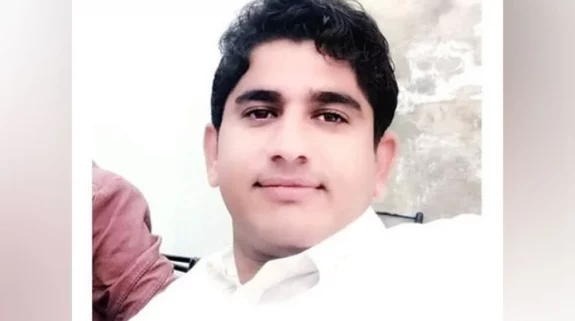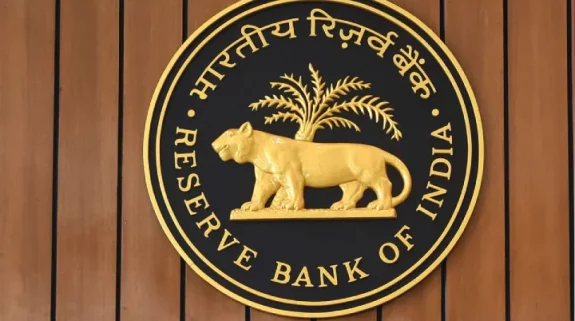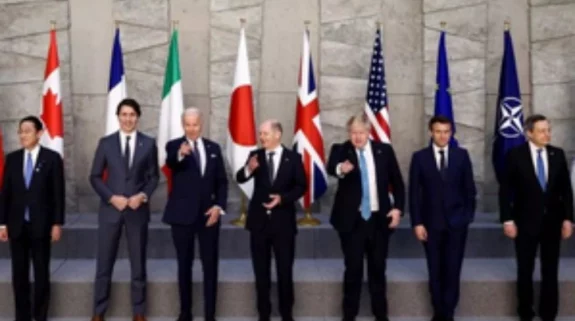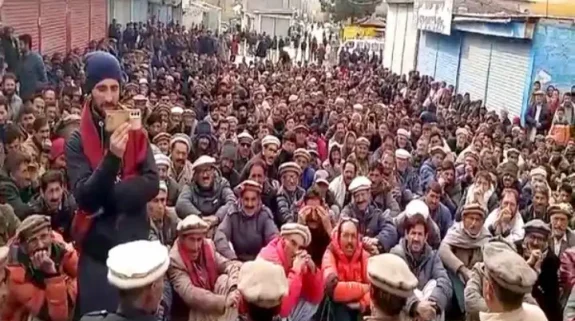India has emerged a key mover of global science and technology partnerships in critical areas like energy, water, health and astronomy which are global challenges to make the world a better and more scientific place to live in.
According to the Ministry of Science and Technology, some flagship international partnerships which India has driven include Mission Innovation to boost research, development and innovation and related investment in clean energy; the Dutch Indian Water Alliance for Leadership Initiative (DIWALI), a platform where all stakeholders from both countries could participate and form a consortium for designing solution for water challenges; and, playing a key role in the functioning of the World Health Organisation during the Covid-19 pandemic.
India played a crucial role in sowing the seed of ‘Mission Innovation’, launched as a partnership of 20 countries in 2015. The country funded nine RD&D projects under smart grids, engaging 17 Indian institutes, 22 foreign institutes and 15 industries and 8 innovators. The country has initiated three R&D programs including national and international bilateral programs to bring in affordable heating and cooling of buildings, supporting 40 R&D projects, engaging over 50 Indian institutes, 15 foreign institutes and 20 industries.
The country is one of the co-leads in Smart Grids Innovation Challenge in coordination with the member countries, which targets innovation and deployment of reliable, efficient and affordable smart grids technologies at regional, distribution and micro-grids levels in various geographical areas to achieve the ability to accommodate 100 per cent renewable based energy sources in power grids.
The country's rising position in global science and technology is also symbolized with a world-class, 3.6 meter optical telescope set up at Devasthal, a picturesque mountain peak in Uttarakhand from which the snow-capped Himalayas is clearly visible and the nearest settlement is eight Km away.
The tranquil place has assumed global importance for observing a number of time-critical cosmic explosive events such as Gamma Ray Bursts and Supernovae. It is Asia's largest fully steerable optical telescope, an international facility for and people from different parts of the world compete for observation and machine time by submitting research proposals.
It was set up in year 2016 by Aryabhatta Research Institute of Observational Sciences (ARIES), an autonomous research institute of DST with support from Belgian government and established India’s role as a global player in astronomy research and is facilitating strong future collaborations with national, international institutions and industries.
The technological know-how gained from the development of this telescope and back-end instruments are beneficial for optical facilities planned for future such as the Thirty Meter Telescope – one of the mega projects in which the country is participating.
As India forges ahead in international collaborations in new and emerging areas in science and technology and in other common global challenges, it will take a leaf out of its association with international projects like mega-science projects– European Organization for Nuclear Research (CERN) and Thirty meter telescope (TMT). While in the earlier ones, India contributed to set up facilities in other countries, with the 3.6 meter telescope at Devasthal, it has established a key facility for researchers of the International community to probe the origin of the universe and understand stars and black holes on its own soil. India’s key role in international scientific partnerships in establishing such facilities and in key areas like health, energy and so on is helping the country to rise rapidly in the global S&T map.
India's Department of Science and Technology (DST) has also supported nine projects involving eight countries — Australia, Canada, France, Germany, Italy, Norway, UK and USA, for large scale renewable energy generation and integration to conventional grid, transition from conventional vehicle to electric vehicle, cyber physical systems in smart grids and financial & market strategies considering renewable penetration.
DST is leading in the thrust area of Thermal Comfort and actively participating in other five areas of the Affordable Heating and Cooling of Buildings challenge.
It is furthering thermal comfort research and it’s dovetailing with building energy efficiency. The ongoing initiatives include delineation of thermal comfort requirements in built environments to regulate the operating set points of heating and cooling systems. A research program on comfort driven heating, ventilation, and air conditioning (HVAC) system control is being conceived by DST. It is also working with Indian Exhibitions Industry Association (IEIA) on a technology called comfort climate box for tropical regions to develop a sustainable, modular and comfortable living environment for tropical regions.
DST, Government of India and Rocky Mountain Institute, USA have launched the Global Cooling Prize for encouraging development of cooling technology that requires radically less energy to operate, utilizes refrigerants with no ozone depletion potential and with low global warming potential, and has the potential to be cost-effective at scale.
In order to find solutions for water related challenges a platform called DIWALI has been developed in which India and Netherlands could participate in designing solutions for water challenges. The consortium of experts from the two counties would explore the potential and sustainability of Dutch Solutions to resolve challenges in specific water challenged sites in India which are scalable, sustainable and affordable.
Under this initiative The Dutch consortia titled “Water for Change. Integrative and Fit-for-Purpose Water Sensitive Design Framework for Fast Growing Livable Cities” in 2019. It is being led by IIT Roorkee as lead along with other consortia members named MANIT, Bhopal; CEPT University, Ahmedabad; IIT Gandhinagar; CWRDM, Calicut.
Further, based on assessment of R&D needs for cleaning of Ganga system and study on impacts of agriculture on quality and quantity of water in its basin, the DST and the Netherlands Organisation for Scientific Research (NWO) is stimulating sustainable research collaboration between the two countries. They are supporting joint research in which 13 Indo-Dutch proposals involving premier research and academic organisations from both sides have been funded.
Expanding the areas of its foray of global scientific leadership into new and emerging areas of science, India has joined the 'Global Partnership on Artificial Intelligence (GPAI)' as a founding member to support the responsible and human-centric development and use of Artificial Intelligence (AI). The country will be participating in the global development of Artificial Intelligence, leveraging its experience around use of digital technologies for inclusive growth. AI being a new and emerging area, while firming up its own strength, India is also looking out for global partnerships with countries like US, UK, Germany, France Russia., Korea and Japan.






